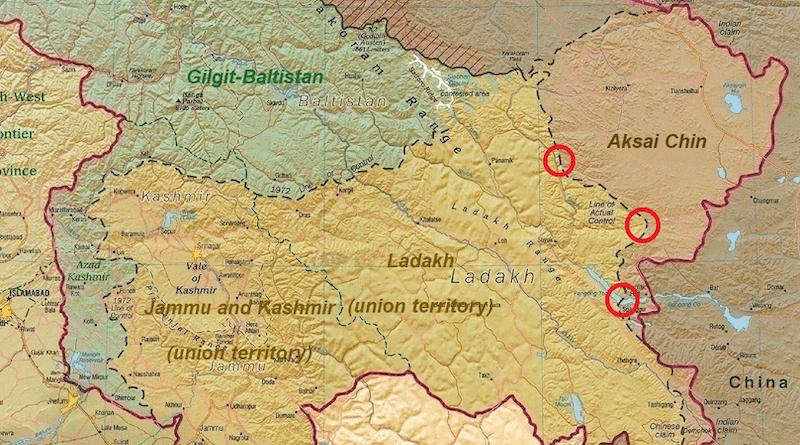Kashmir Issue Remains A Daunting Challenge For United Nations – OpEd
By Talha Imran
The basic objectives of the United Nations were to uphold global peace and security and foster amicable ties between nations in order to create peaceful international community, have frequently fallen short in case of Kashmir. Recently, Indian security forces tightened security in Kashmir ahead of Republic Day celebrations. The undeclared emergency just before the Republic Day indicated that Indian narrative of normalcy in Indian Occupied Jammu & Kashmir.
In 2019, India unlawfully repealed Articles 370 and 35A, stripping Jammu & Kashmir of its autonomy as Pakistan raised awareness of this act of subjugation among the international community, UN forums, and OIC. In 2020, after a 35-year hiatus, the Kashmir issue was finally considered before the UNSC because to Pakistan’s tenacious diplomatic efforts against Indian violations of fundamental rights of the Kashmiri people.
The UN Security Council’s primary agenda item should be resolution of Kashmir dispute. The Modi administration’s suspension of basic rights has heightened tensions in the disputed territory and had negative effects on international & regional peace and security.
Pakistan and India has fought three wars to settle Kashmir Dispute. Kashmir remains a nuclear flashpoint for both nuclear armed neighbors. Kashmir remains a point of national consensus for Pakistanis across political, ethnic, religious and social spectrum. Indian atrocities in Kashmir only serve to destabilize the fickle geo-strategic equilibrium between Pakistan and India.
It is crucial to support the fundamental tenets of international law at a time when the rules-based international order is being threatened by populist governments and non-state entities. The aforementioned action by India in Kashmir is in violation of bilateral agreements, local law, and international law. As a result, Kashmir serves as a test case for the effectiveness of the international rules based system which obliges all governments to fulfil the moral and legal need of upholding the integrity of international law.
The UN must be true to its fundamental mandate of safeguarding fundamental human rights and right to self-determination as outlined in the UN charter instead of constant lip service and exploitation by great powers.
The UN is now a party to the conflict after the Kashmir resolution was adopted; even without the resolution, it is the UN’s primary responsibility to settle such conflicts, and the ongoing human rights atrocities in IIOJK must be given top priority. The UN is unable to remain impartial about Indian breaches of human rights in Kashmir. As a result of UN’s failure to settle the Kashmir dispute; doubts have been raised about its viability as an independent arbitrator.
According to the UN Charter, Security Council decisions, and international norms, the Kashmiri people’s fight for freedom and self-determination is legal. History teaches us that liberation struggles are insurmountable, and the brave people of Kashmir will undoubtedly achieve their dream of freedom.
The UN resolutions on Kashmir must be carried out in letter and spirit at all costs. In order to further regional peace and stability, Pakistan continues to call on the international community, particularly the UN, to play its part in a peaceful and speedy resolution of the Kashmir dispute.
It is high time for the world community to put pressure on India to stop violating human rights in the occupied area. To ensure peace and security in the South Asia, it is crucial that all unresolved issues, including the Kashmir conflict, are resolved peacefully. Up until Kashmiris are granted their legal rights, and freedom, Islamabad remains dedicated in its unwavering support for the people of occupied Jammu & Kashmir.
The United Nations has debated the Kashmir disputed frequently, and it has gained international attention. The world is aware that the Kashmir dispute must be resolved before regional peace and stability can be achieved. Unfortunately, the Kashmiris are still fighting for their right to self-determination even after 75 years.
Pakistan has continued to provide moral and diplomatic assistance to Kashmir for the past seven decades and will do so indefinitely, barring a settlement of the conflict in line with UN resolutions. It is widely acknowledged that without resolving this age-old problem, South Asia cannot have lasting peace.
The author is a social sciences graduate from Bahria University and works as an independent researcher besides teaching as visiting faculty at National University of Modern Languages (NUML), Islamabad, Pakistan.

